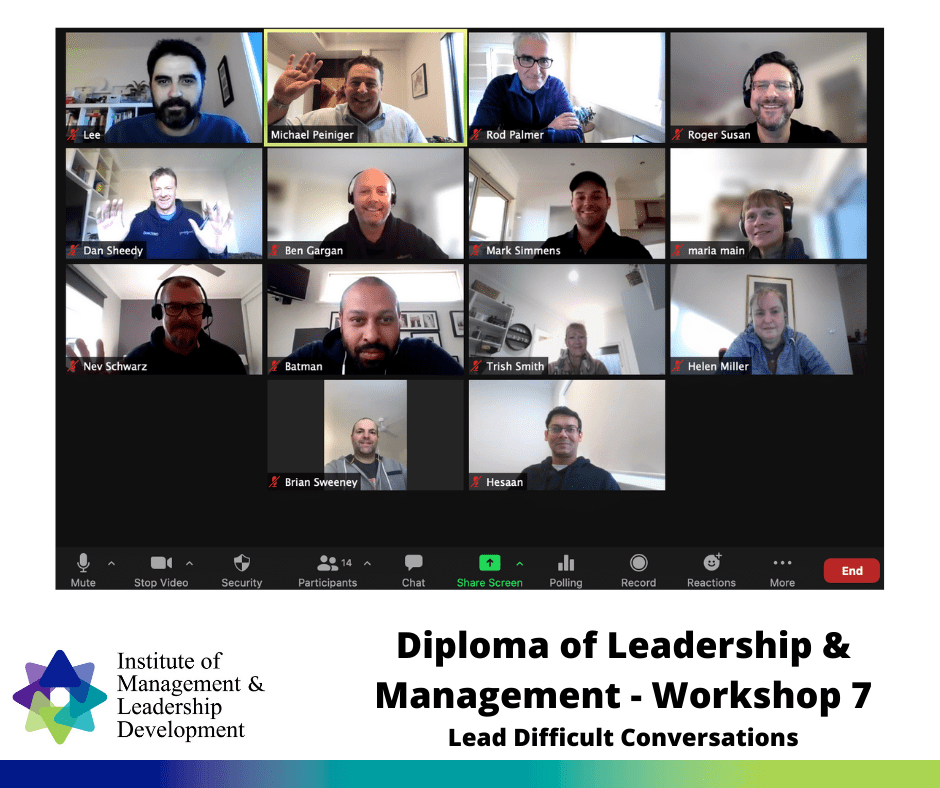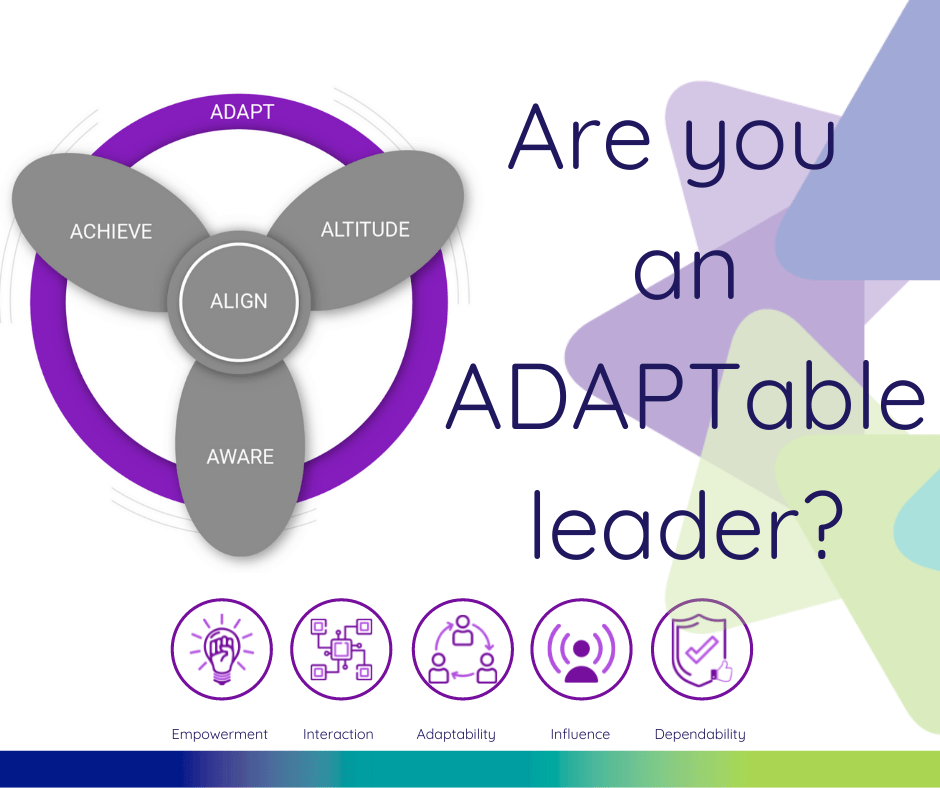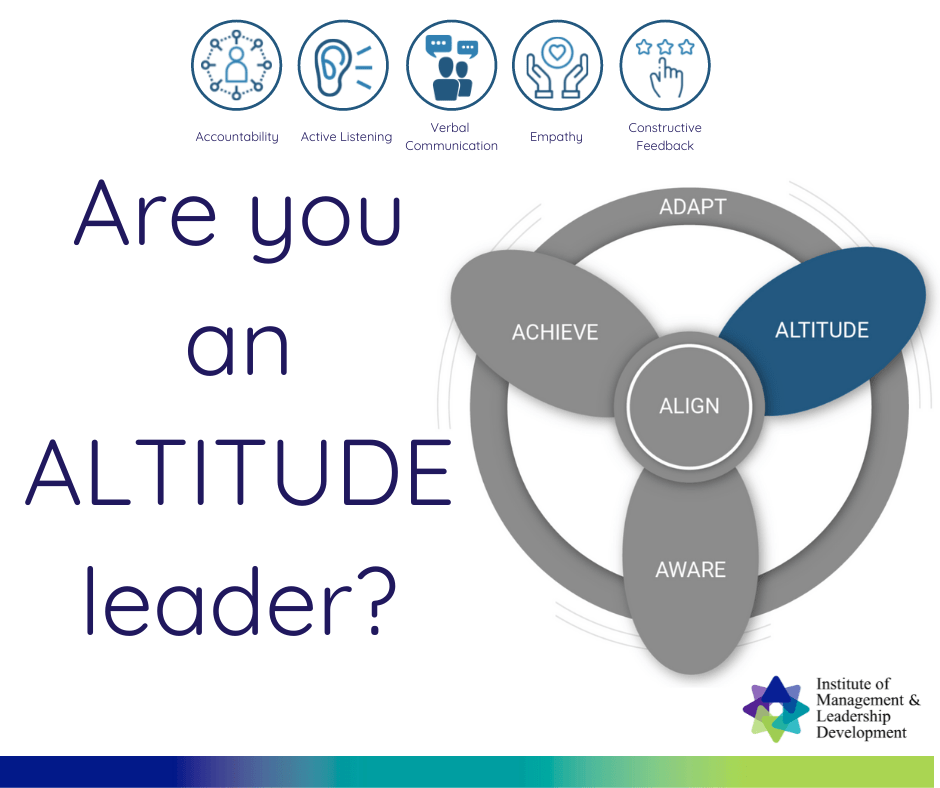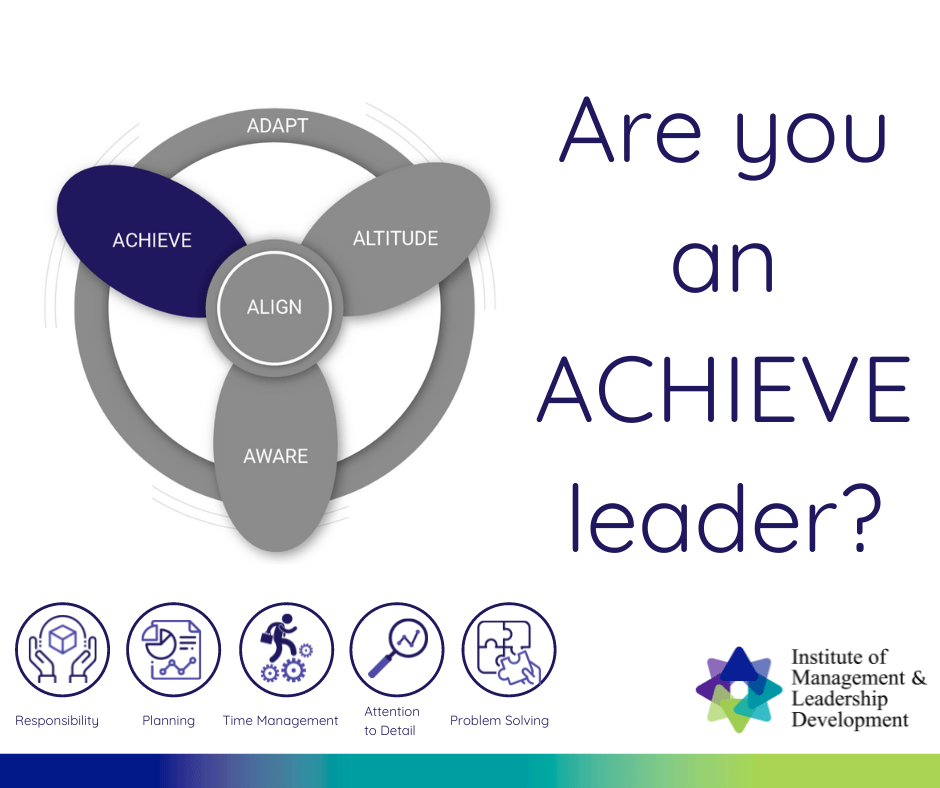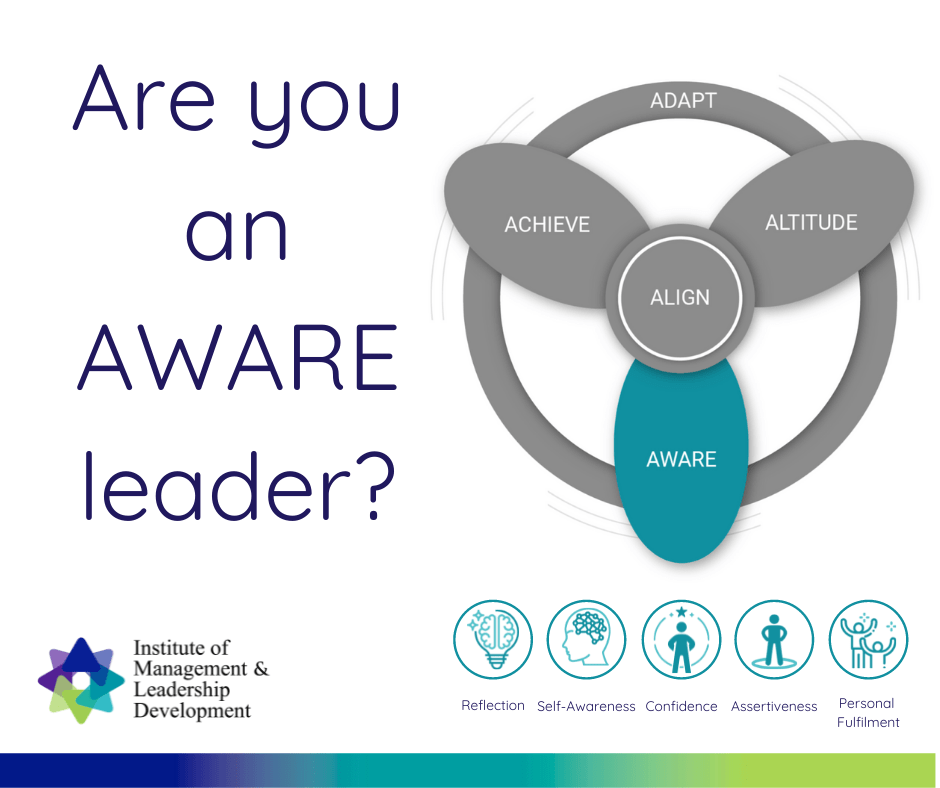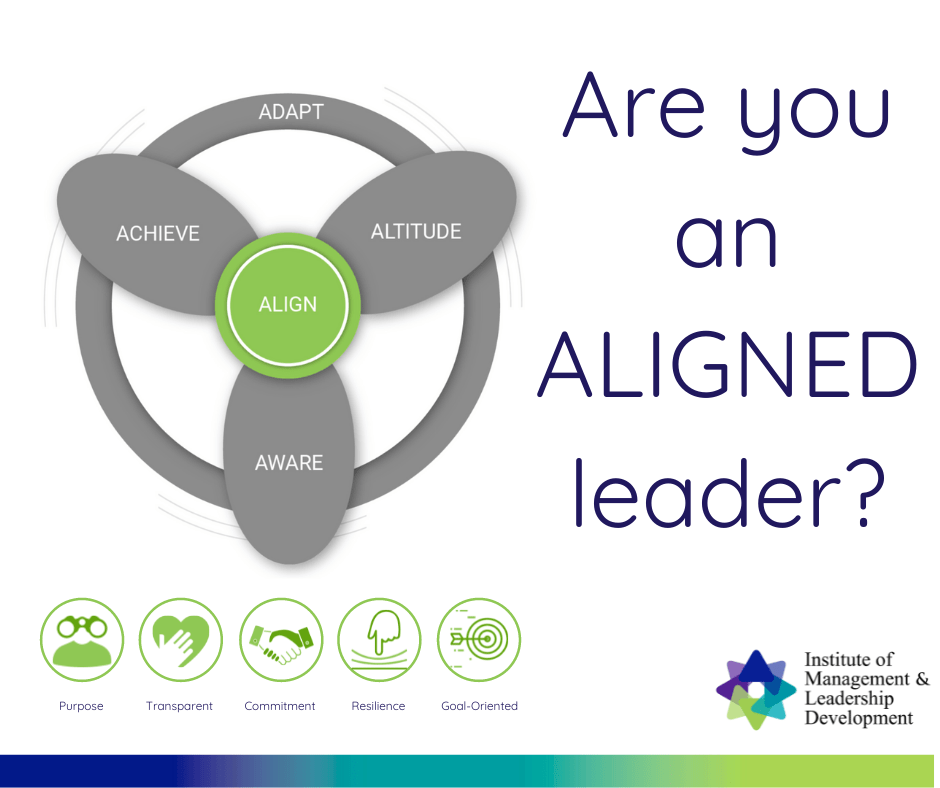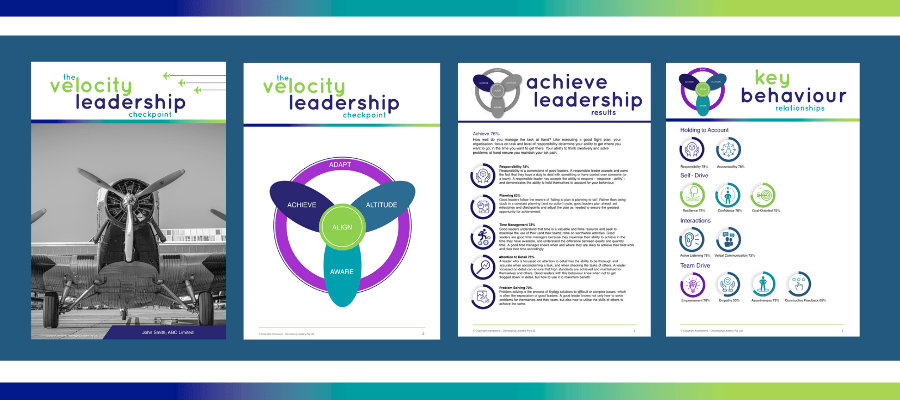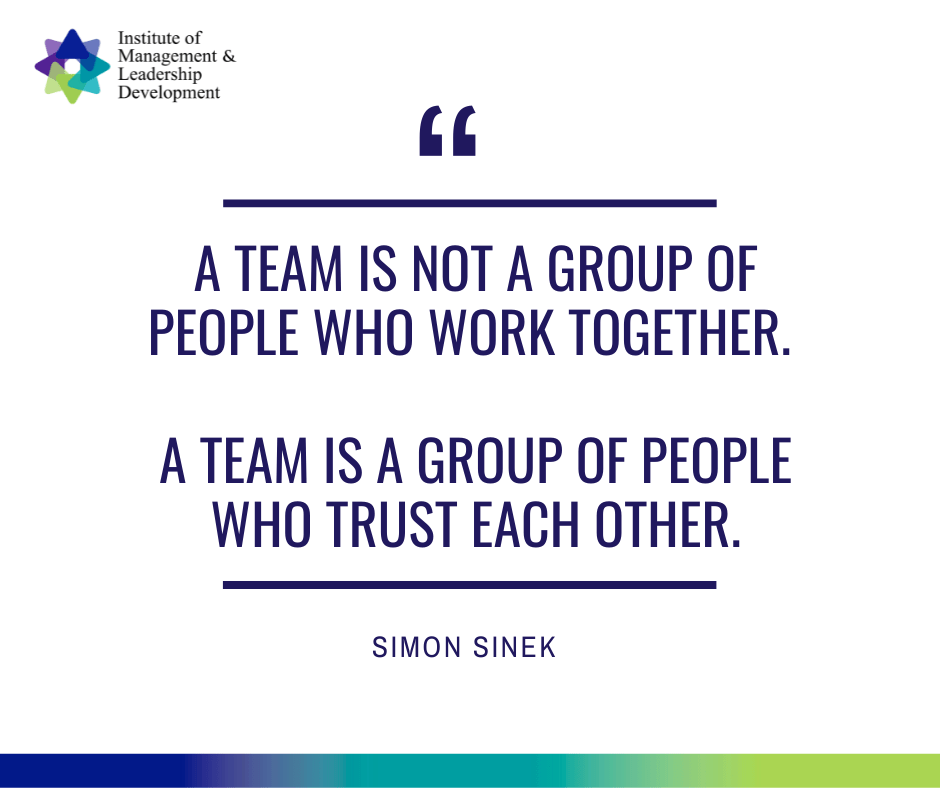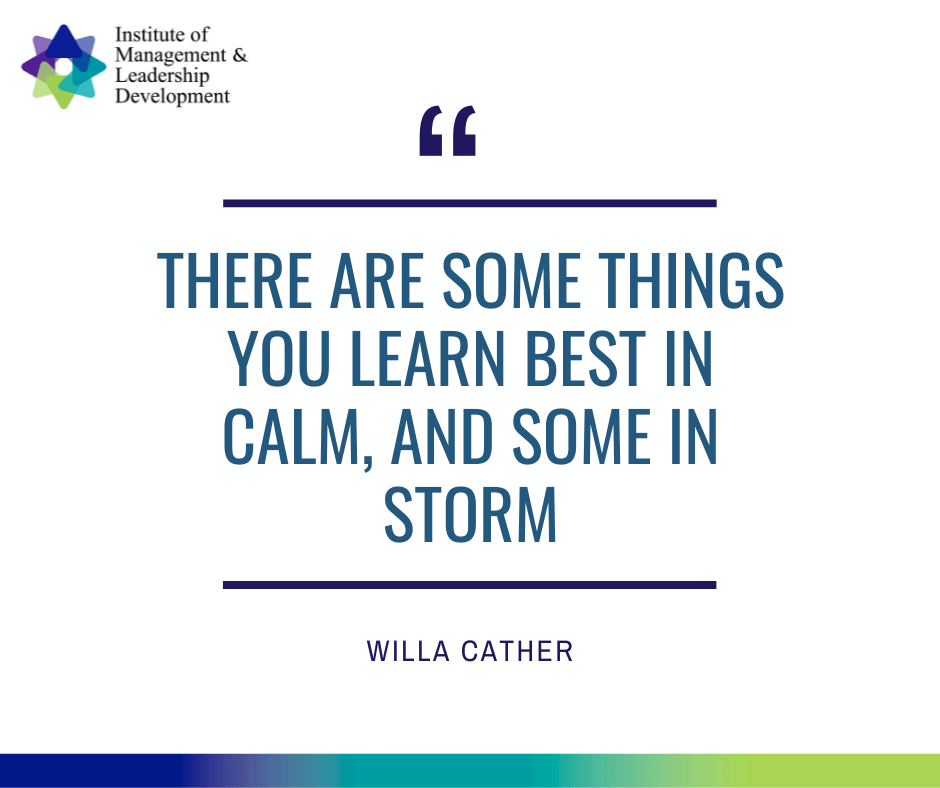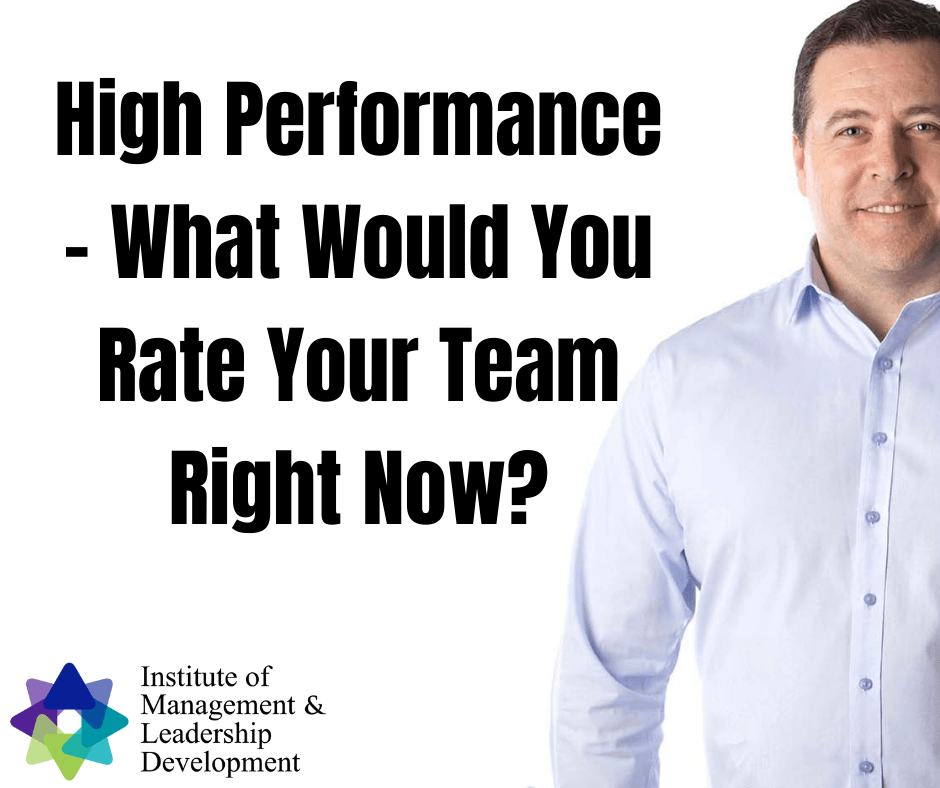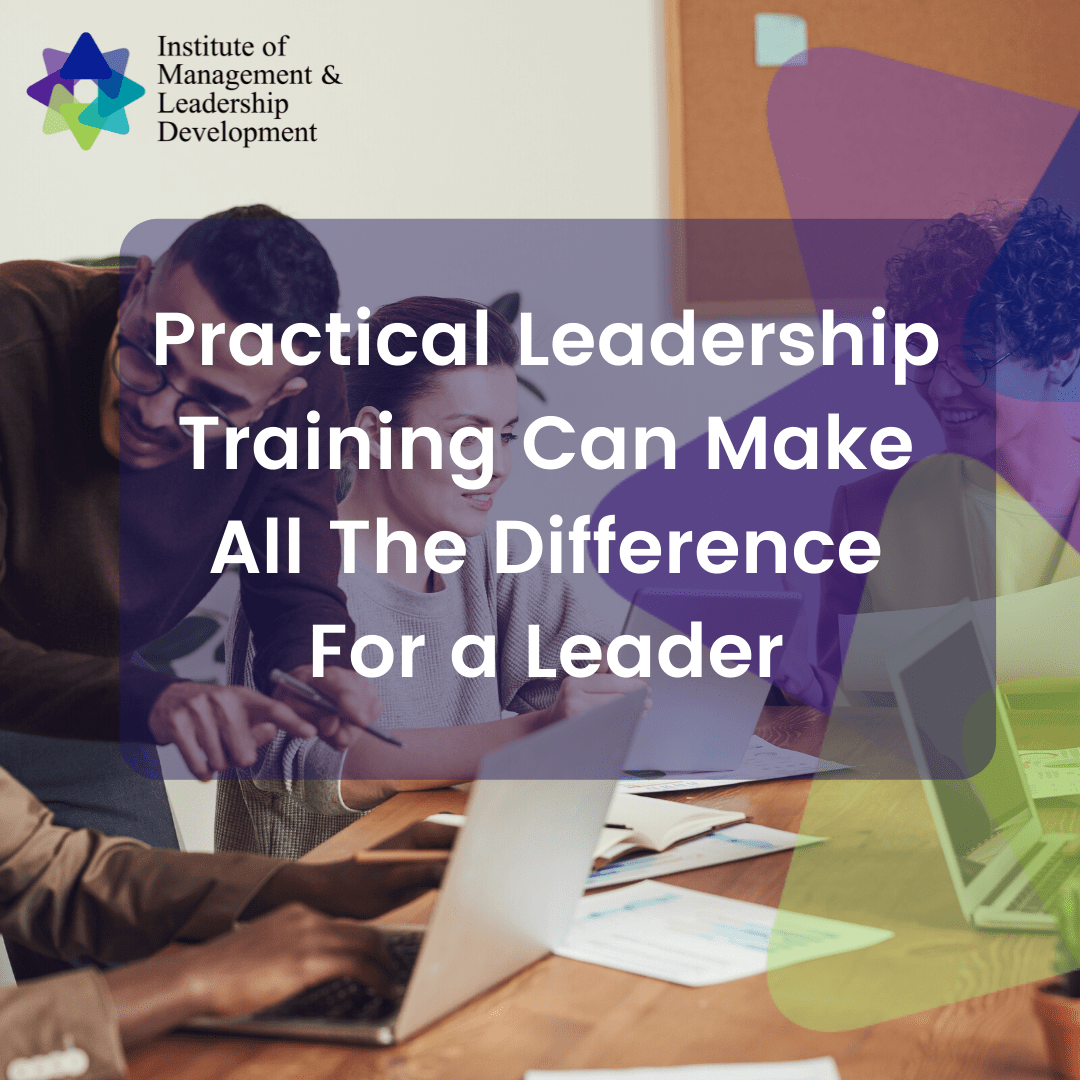When you need to have difficult conversations with someone, do you plan what you will say or do you wing it? Leading difficult conversations takes preparation and effort, it takes something even more to successfully navigate all of the permutations that a difficult conversation can include.
It was a pleasure to once again work with some of the leaders and managers of LyondellBasell Australia to work through how to lead and manage difficult conversations. As part of Workshop 7, participants had to prepare for a difficult conversation and then deliver it to the facilitator – with others listening, observing and providing constructive feedback. Daunting for some, extending comfort zones for many, and providing some amazing examples of how to raise difficult issues with team members with a balance of accountability, compassion and empathy.
No one really likes roleplays, but with solid content, clear outcomes and participants willing to treat activities as if they were live in the workplace, the learning (both from doing it yourself and from listening and observing others) is extraordinary.
It is a pleasure to work with leaders and managers that are willing to challenge themselves and learn from each other like this group do. Thank you also to the Dark Knight for making an appearance!
Leading Difficult Conversations Takes Practise
Leading Difficult Conversations is one of the newer units in the IMLD’s Diploma of Leadership & Management, a partnership with The College For Adult Learning.
Combining online learning with group facilitation and experiential roleplays, this workshop is all about practical skills for preparing and delivering difficult conversations with skill, accountability, empathy and compassion.
Well done to the team at LyondellBasell Victoria – this is not an easy Diploma unit and you delivered like stars. ⭐️⭐️⭐️
#leadership #leadershipdevelopment #coaching #Diploma #IMLD #developingleaders
Need to Work on Your Ability in Leading Difficult Conversations?
At IMLD, being able to prepare, deliver and respond in difficult conversations is one of our specialities. It is a key skill for any leader or manager, and many people in positions of authority within a business (leader, manager, supervisor) struggle to deliver them effectively, or ignore them completely. We have several ways in which you can improve your ability to have a difficult conversation:
- Through one-on-one practice as part of an Executive Leadership Coaching course,
- As part of a group in our Difficult Conversations in the Workplace workshops,
- As part of a wider Performance Management framework within the Performance Management Essentials workshop, or
- As one of a series of leadership and management competencies within the Diploma of Leadership and Management



